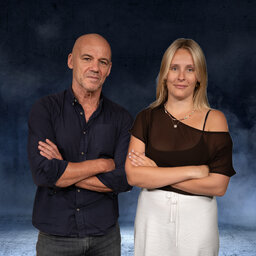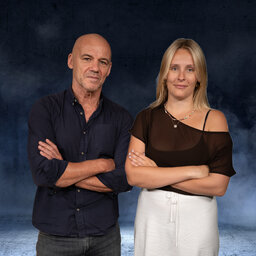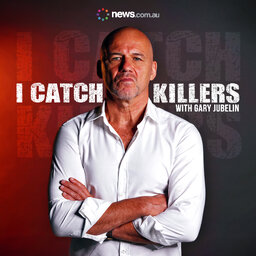How dangerous killers are murdering in slow motion: Laura Richards Pt.1
Dangerous predators are killing people in slow motion right in front of our eyes. It’s death by a thousand cuts that often goes unnoticed until it’s too late - but not to Laura Richards. The world renowned former New Scotland Yard criminal behavioural analyst has caught serial killers and violent rapists by getting inside their minds, saving lives along the way.
Can’t get enough of I Catch Killers? Stay up to date on all the latest crime news at The Daily Telegraph.
Get episodes of I Catch Killers a week early and ad-free, as well as bonus content, by subscribing to Crime X+ today.
Like the show? Get more at icatchkillers.com.au
Advertising enquiries: newspodcastssold@news.com.au
Questions for Gary: icatchkillers@news.com.au
Get in touch with the show by joining our Facebook group, and visiting us on Instagram or Tiktok.
Discover more about Laura Richards' podcasts, squad and YouTube:
https://wondery.com/shows/real-crime-profile/
https://www.youtube.com/@crimeanalyst
For more information and resources visit Laura Richards' website or the DASH checklist.
In 1 playlist(s)
I Catch Killers with Gary Jubelin
After 25 years working in homicide, former Detective Chief Inspector Gary Jubelin is sitting down ac…Social links
Follow podcast
Recent clips

32 years at the sharp end: John Taylor Pt.1
59:06

Turning pain into power: Anna Coutts-Trotter Pt. 2
1:01:29

The girl who refuses to be his victim: Anna Coutts-Trotter Pt.1
45:40
 I Catch Killers with Gary Jubelin
I Catch Killers with Gary Jubelin